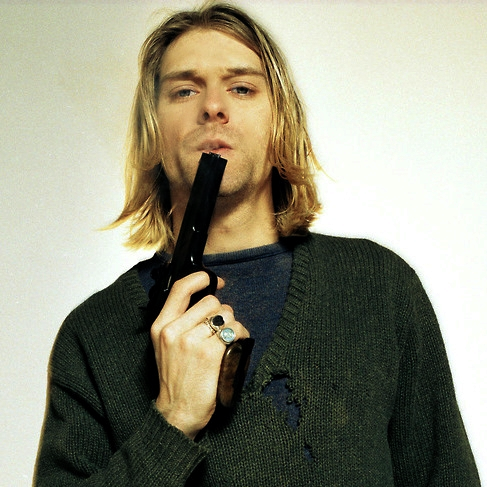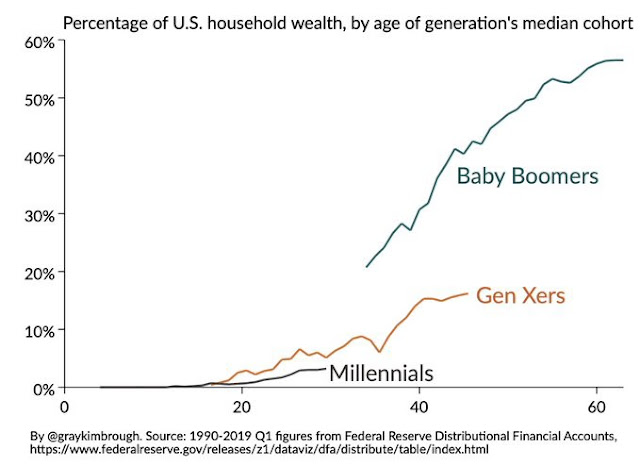Suicide and Symbolism Part II
This is gonna be a little shorter than the last post, because I'm pretty low energy and also b/c I'm trying to direct my energy more to other things atm. Nevertheless, I'd like to make this a series, so maybe expect more in the future. Possibly in something like ten years or twenty, however.
A lot of people question whether Elliott Smith's suicide was, indeed, a suicide. He was newly sober, working on what a lot of people consider his best work, and to some accounts, doing a lot better.
Many consider Jennifer Chiba, his girlfriend at the time, to have been manipulative and to not have his best interests at heart. The most suspicious piece of evidence has always been, however, his manner of death.
He stabbed himself in the chest twice. According to Chiba, they argued, then she locked herself in the bathroom to take a shower, and heard Elliott scream, upon which she came out of the bathroom and saw him standing there with a knife in his chest. She then took the knife out and took him to the hospital, where he died. According to the coroner there were no hesitation wounds found. "Hesitation wounds" are superficial wounds, scratches, etc, that are often made before a fatal wound in a suicide--they indicate, well, hesitation--working oneself up to the full thing, because a self-inflicted stab wound is incredibly painful.
I'm less interested in whether Smith actually did kill himself than what it would mean if he did, and what the disbelief about his suicide means culturally.
Smith's suicide is reminiscent of seppuku--the formalized ritual suicide committed by members of the warrior class in feudal japan. I don't know how common it was, or if there is even any information on that. I wonder, however, if our collective disbelief in Smith's suicide has something to do with a societal shift in the way we approach death and pain. After all, there are many, many easier and less painful ways to kill oneself than a stab wound. That may actually be the most painful way--I don't know if there is a way to measure this (the site lostallhope rates methods in terms of pain--I don't know where they get this data).
I'm not trying to argue that Smith's death was an "honor suicide," actually, a term which wouldn't be fully applicable to this context. What I am saying is that if Smith did kill himself, he probably experienced an amount of mental/spiritual anguish that is nearly unimaginable. That's one of the only reasons I can think of to kill oneself in such a painful manner--that the pain of existence would override the barriers to physical pain tolerance. Or that he had a lot of resolve--that ineffable quality. ( In “On Pain”, Ernst Junger suggests that the overcoming of pain involves the capability for a transcendent worldview, an existence that supersedes the purely physical and allows for a birds-eye view, floating above the immanent, doomed delirium of pain).
I would like to believe the latter, even if it is less likely than the former. I would like to believe it, because I want to spare Elliott in the afterlife. Christian beliefs about suicide and the afterlife vary--it is of course a sin, but the circumstances and the amount of faith are considered to sway the direction of the soul after death. Buddhist beliefs are similarly ambiguous but there is a strong suggestion that it would result in a lower rebirth of some kind, perhaps in a "naraka" or a hell realm (the Buddhist hell realms are temporary rebirths--but often very long). I don't want suicides to go to hell. After all, they were already in a kind of hell in order to choose such a drastic act. It seems unfair. But one can imagine a form of eternal recurrence in which that act dooms one to hell, which is unbearable, and one tries to escape via suicide, which damns one to hell--a cursed loop. Nietzsche, who feared eternal recurrence, and sometimes spoke of the balm of suicidal ideation, discusses the figure of the "pale criminal" in Thus Spake Zarathustra. The criminal who is sick with guilt--who is sick with himself, too anemic to stand the thought of his deed. "But one thing is the thought, another thing is the deed, and another thing is the idea of the deed. The wheel of causality doth not roll between them. An idea made this pale man pale. Adequate was he for his deed when he did it, but the idea of it, he could not endure when it was done."
Regardless of where suicide sends one, I'd like to think that Smith was adequate for his deed, that his lack of hesitation was good for the clarity of his self, that it spared him from purgatory and from an excess of suffering. All we can ask for in this life is to not suffer needlessly, and to act with mercy toward ourselves in the same way that we need act with mercy toward others.
https://www.youtube.com/watch?v=cjPyvoLXPs4 (A really, really good song about doubt and suicide, and what happens after)
https://www.youtube.com/watch?v=y-ALdfkLYYk&list=PL6KwzgIePF4CcqaKIkddOCuATfb-gfwf0 (the album elliott was working on when he died, I highly, highly recommend)
https://soundcloud.com/life-kicks-889009421/ghosts-take-2 A song of mine with a relevant lyric
https://www.youtube.com/watch?v=wegQISggPPY
and a video of a song with a relevant lyric
https://soundcloud.com/user-472629891/loser
"suicide's just a way to/keep from fading away... keep from losing my mind"




Comments
Post a Comment